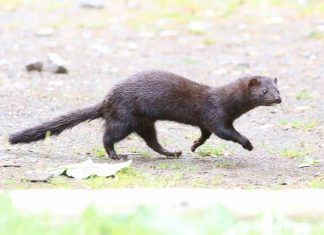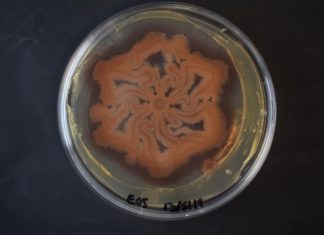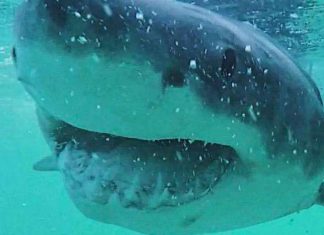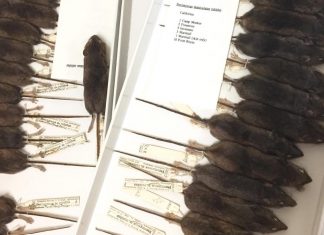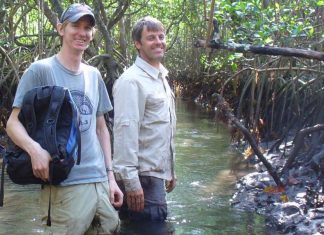Study: Telephone interventions could be used to reduce symptoms of cancer
Telephone interventions could be used to successfully treat symptoms of cancer such as fatigue, depression and anxiety, new research in the Cochrane Library reports. This could help patients receive the care they need during...
Study: Why the Victoria Plate in Africa rotates
The East African Rift System (EARS) is a newly forming plate tectonic boundary at which the African continent is being separated into several plates. This is not a clean break. The system includes several...
Study: Protected areas worldwide at risk of invasive species
Protected areas across the globe are effectively keeping invasive animals at bay, but the large majority of them are at risk of invasions, finds a China-UK research team involving UCL.
The research, led by the...
Study: New technique for engineering living materials and patterns
Engineered living materials (ELMs) is a new class of materials that exploit the properties of living organisms
· While various techniques such as 3D printers have been utilized for developing ELMs, these techniques are typically...
Study: Eclipse data illuminate mysteries of Sun’s corona
Researchers at the University of Hawai?i Institute for Astronomy (IfA) have been hard at work studying the solar corona, the outermost atmosphere of the sun that expands into interplanetary space. The properties of the...
Study: Lightning fast algorithms can lighten the load of 3D hologram generation
Researchers from Tokyo Metropolitan University have developed a new way of calculating simple holograms for heads-up displays (HUDs) and near-eye displays (NEDs). The method is up to 56 times faster than conventional algorithms and...
Study: Great white shark diet surprises scientists
The first-ever detailed study of the diets of great white sharks off the east Australian coast reveals this apex predator spends more time feeding close to the seabed than expected.
"Within the sharks' stomachs we...
Study: PFAS present throughout the Yadkin-Pee Dee river food chain
Researchers from North Carolina State University have found per- and polyfluoroalkyl substances (PFAS) in every step of the Yadkin-Pee Dee River food chain, even though the river does not have a known industrial input...
Study: Mice are shrinking, but are climate change and cities to blame?
According to a well-studied but controversial principle known as Bergmann's Rule, species tend to be larger in cold climates and smaller in warm ones. As human impacts heat the planet, will animals shrink over...
Mangroves at risk if carbon emissions not reduced by 2050 (Study)
Scientists from Nanyang Technological University, Singapore (NTU Singapore), and an international research team have predicted that by 2050, mangroves will not be able to survive rising sea-levels if global carbon emissions are not reduced.
Using...



